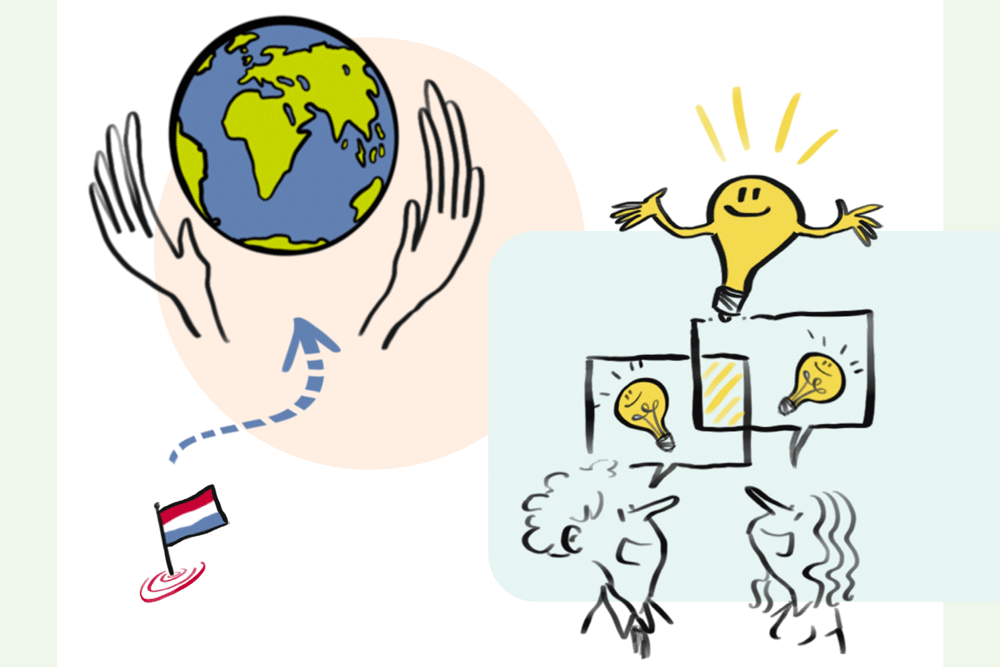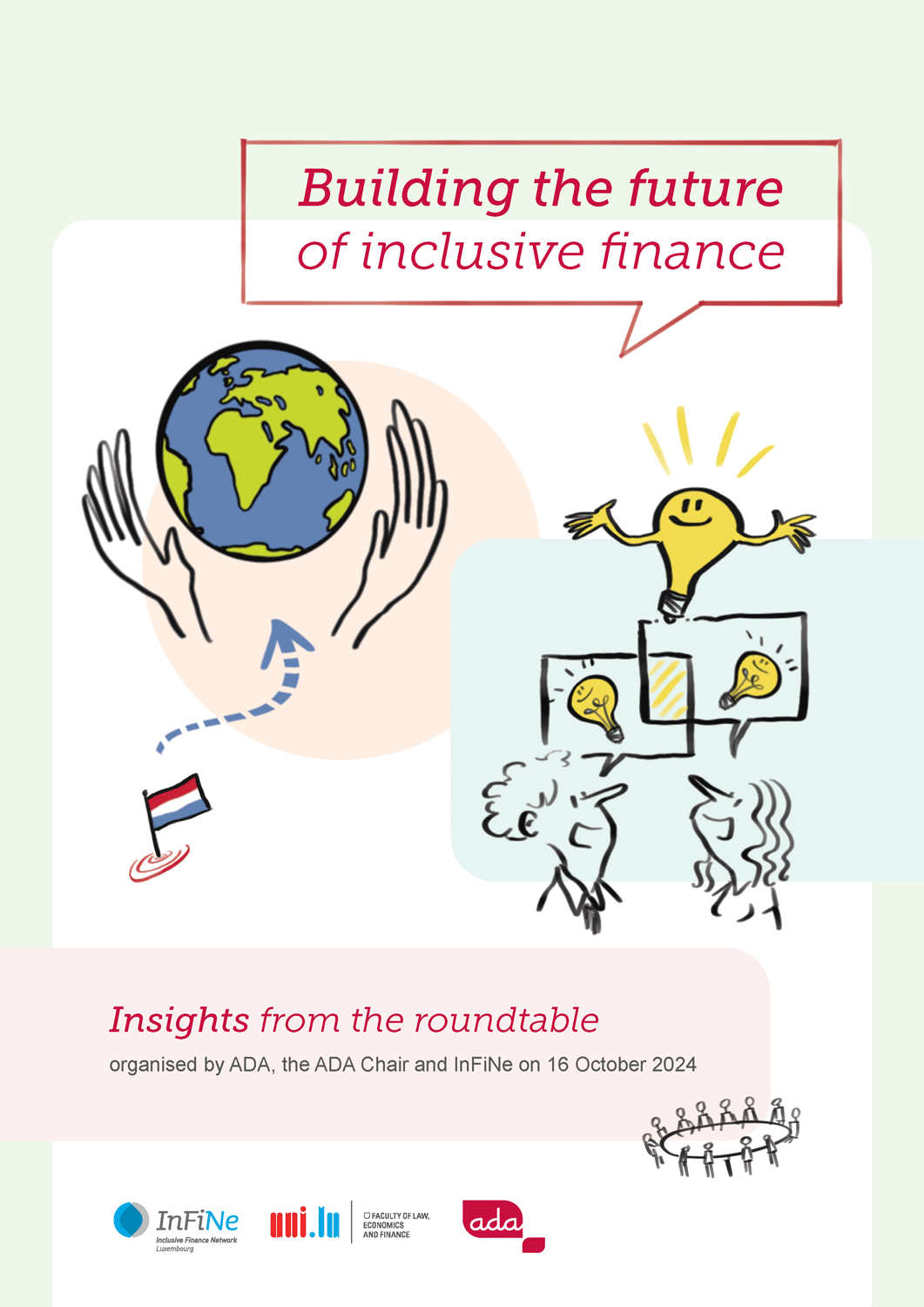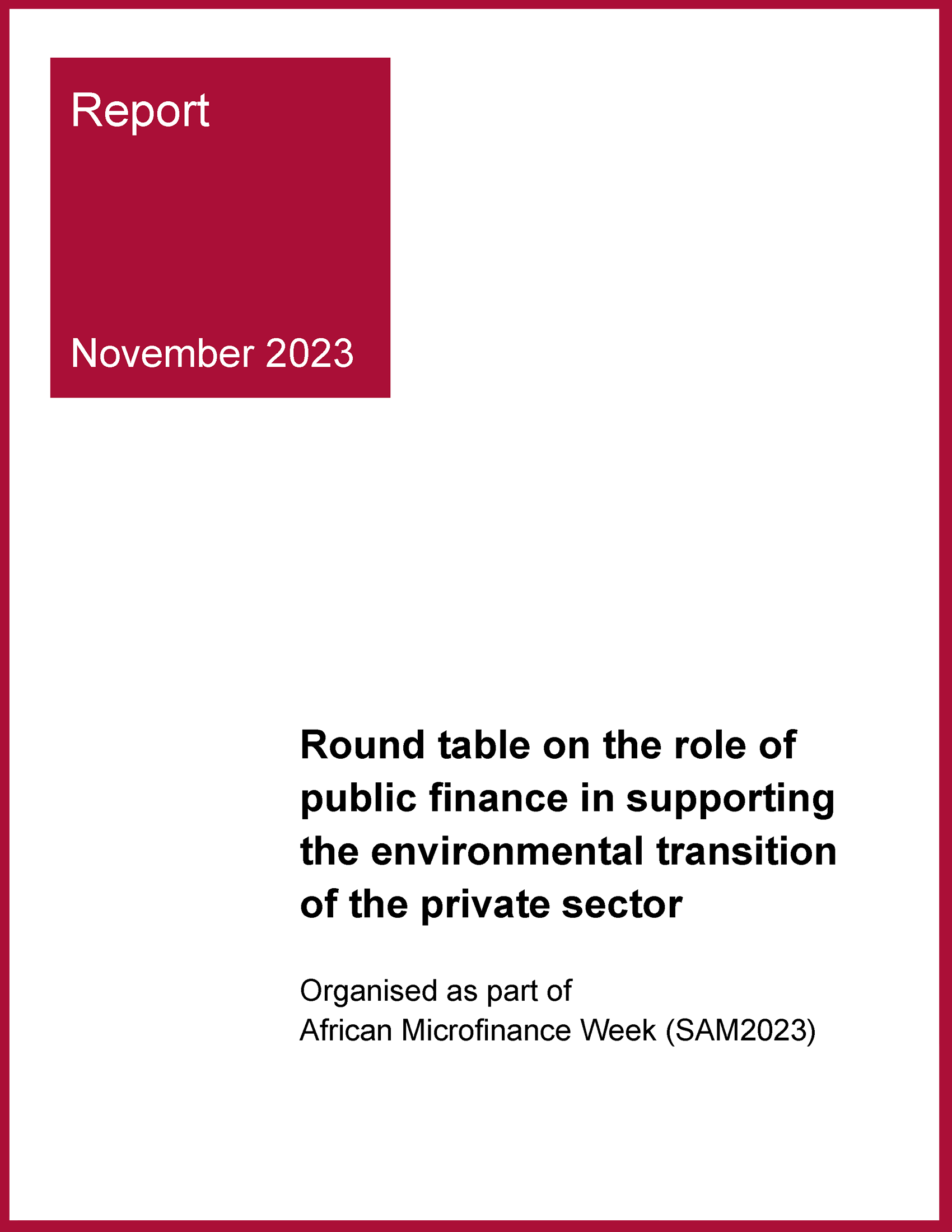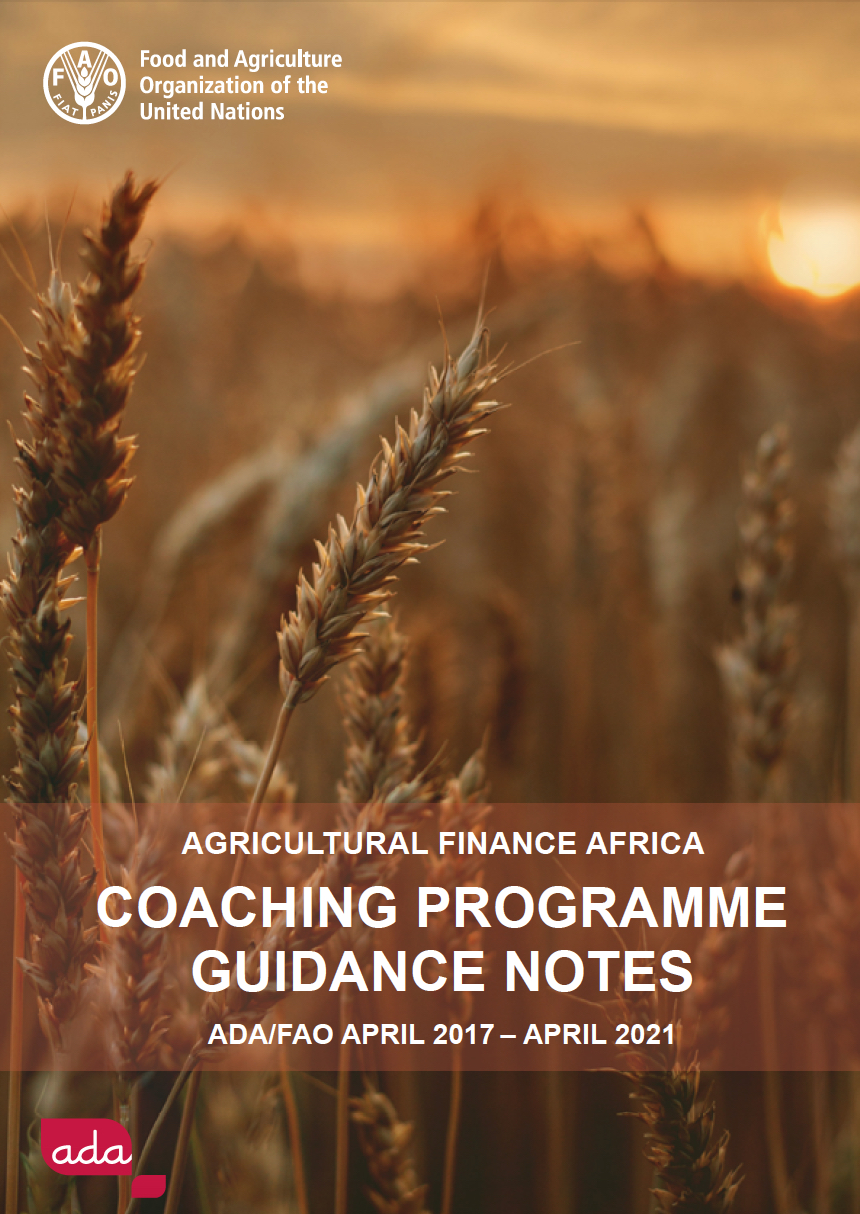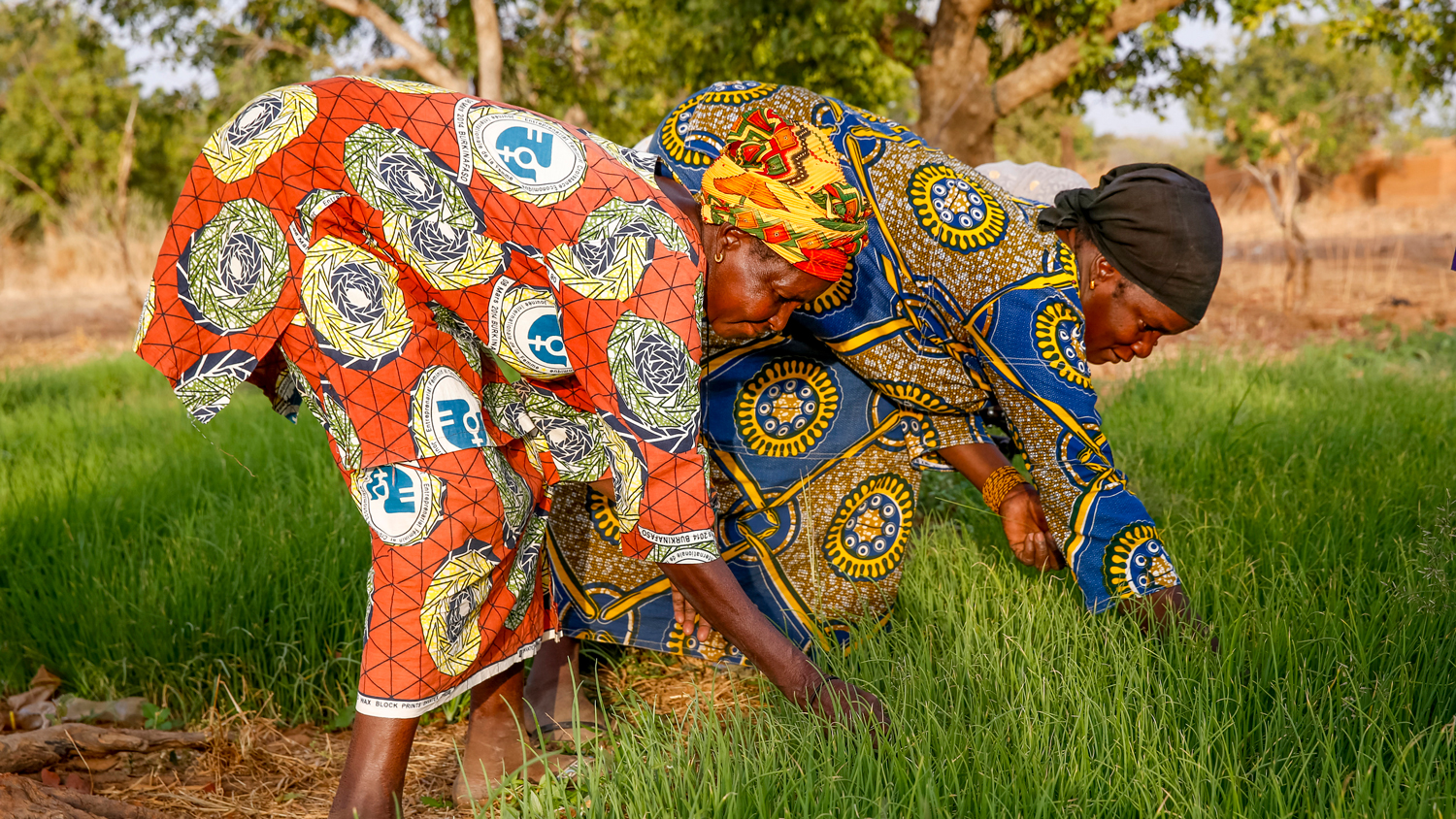Microfinance Clients Facing the COVID-19 Crisis
ADA is publishing a summary of the surveys conducted among the clients of its partner MFIs and networks and the measures taken as a result to better meet their needs.
From the very beginning of the crisis, actors in the inclusive finance sector felt the need to understand the situation of microfinance institution (MFI) clients. This led to questions like: Which client segments are most affected? How are they coping with the situation? What are they doing to adapt to the crisis? What are the solutions that MFIs could provide to better support them?
To address this need, a sector-wide initiative was launched by the Social Performance Task Force (SPTF) to implement MFI client surveys. ADA encouraged its MFIs and MFI network partners to contribute to this initiative and helped launch surveys in 7 countries in Southeast Asia, Sub-Saharan Africa and Central America in 2020: Bhutan, Myanmar, Rwanda, Senegal, Togo, Cape Verde and El Salvador. These surveys were intended not only to collect information but also to inform and act.
RESULTS
The results show that the crisis has negatively affected the income-generating activities of MFI clients: most have seen their income decline, and their household financial situations have consequently deteriorated. This was especially true during periods of severe restriction and throughout the crisis in urban areas. The crisis has also made MFI clients food-insecure: many have reduced both their consumption of highly nutritional foods and their number of meals per day. To cope with the decline in income, most clients resorted primarily to their own savings; few engaged in risky long-term coping strategies such as selling assets.
Based on these results, concrete measures were taken by MFIs to respond to the needs of their clients, such as the distribution of health kits and food packs or the extension of loan repayment options. In the long term, several of them also aim to develop savings offerings, which have proven to be an effective way to increase clients’ resilience to economic shock. Finally, in some countries, these results have been shared with regulators to create dialogue on policy and to encourage the implementation of appropriate measures to support the microfinance sector. Listening and responding appropriately: this is the effort being undertaken by MFIs in this critical time of need.
